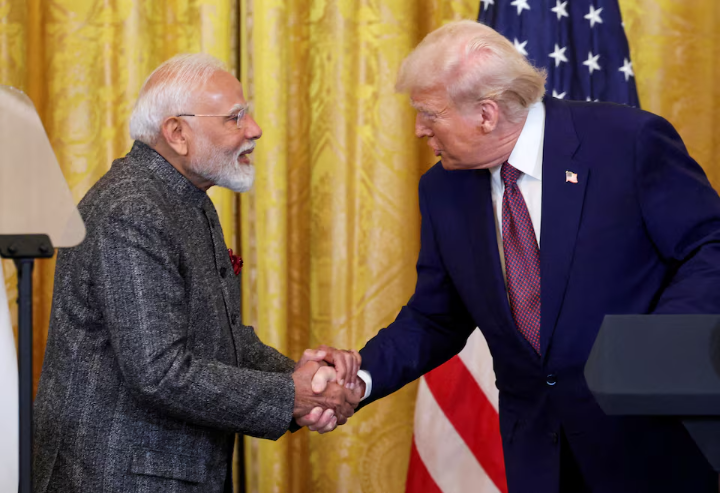In a bold move aimed at supercharging its nuclear energy ambitions, India is planning significant changes to its nuclear liability laws, sources familiar with the matter have revealed. The key objective? To attract long-hesitant American nuclear firms by limiting their financial exposure in the event of nuclear accidents.
Prime Minister Narendra Modi’s administration is pushing for amendments to the Civil Nuclear Liability Damage Act of 2010. Currently, the law imposes unlimited liability on equipment suppliers in the event of an accident—a major deterrent for global firms, particularly from the U.S., such as General Electric and Westinghouse Electric. The revised law proposes a cap on such liabilities, aligning India more closely with international norms that place primary responsibility on the operator rather than the supplier.
The draft legislation, prepared by India’s Department of Atomic Energy, suggests capping a supplier’s accident-related liability to the value stated in the contract and within a defined timeframe. This represents a dramatic shift from the current framework, which neither limits the compensation amount nor the duration for which vendors can be held accountable.
India’s push comes as it seeks to ramp up nuclear power capacity twelvefold—from 8 GW to a massive 100 GW—by the year 2047. This clean energy transition is not just about meeting domestic energy demand sustainably but also positioning India as a reliable partner in global trade and climate discussions.
Industry experts have voiced strong support for the initiative. “India needs nuclear power, which is clean and essential,” said Debasish Mishra, Chief Growth Officer at Deloitte South Asia. “A liability cap will ease major concerns for reactor suppliers.”
The legislative update is also expected to be a critical factor in India-U.S. trade negotiations, especially with both nations aiming to increase bilateral trade from $191 billion in 2024 to $500 billion by 2030. Sources say the government is optimistic that Parliament will approve the amendments during the upcoming monsoon session in July.
Notably, the 2010 law was shaped by the lingering trauma of the 1984 Bhopal gas disaster, the world’s worst industrial accident, which killed over 5,000 people and sparked global debates about corporate accountability. U.S. company Union Carbide, which owned the plant, eventually paid $470 million in an out-of-court settlement.

But critics say that the strict liability law has since hindered India’s nuclear progress, putting American firms at a disadvantage compared to Russian and French suppliers, whose liabilities are often backed by their governments.
In an effort to support smaller players, the proposed law also suggests a lower liability cap of $58 million for small reactor operators, while maintaining the current $175 million cap for larger projects.
India is also opening the nuclear sector to private investment, with top local conglomerates like Reliance, Tata Power, Adani Power, and Vedanta showing interest in committing around $5.14 billion each.
With global energy demand rising and net-zero targets looming, this legislative shift could be the catalyst India needs to unlock foreign investment, deepen U.S. ties, and secure a cleaner energy future.



